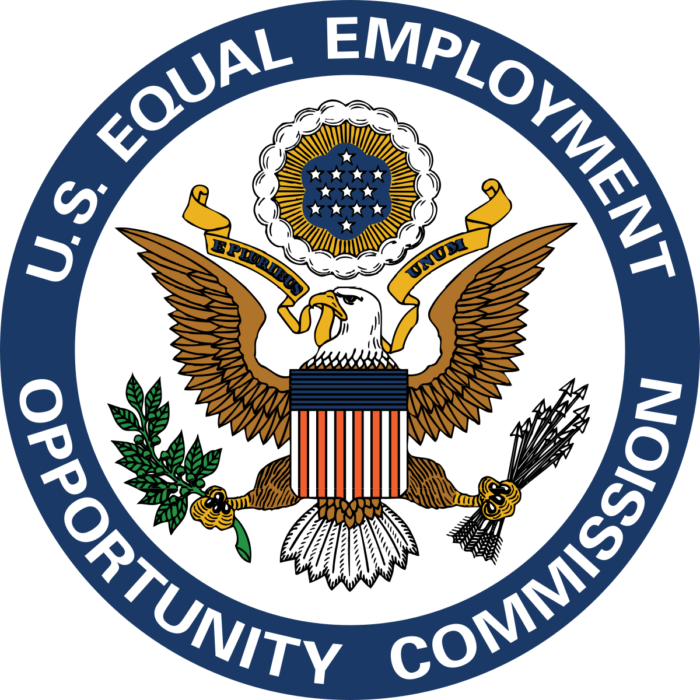
By Anthony Kaylin, courtesy of SBAM Approved Partner ASE
The U.S. Equal Employment Opportunity Commission (EEOC) is seeking public comment on a proposed update to its religious discrimination guidance. The draft guidance is available for review at https://beta.regulations.gov/document/EEOC-2020-0007-0001. During a public meeting on November 9, the Commission voted (3-2) to publish its proposed changes to the manual.
The 30-day input period ends on December 17, 2020. According to the EEOC, the current guidance, last updated in 2008, “does not reflect recent legal developments and emerging issues” that have altered the legal landscape. Note that employers cannot be cited for violating guidance, but it does give an indication how to be compliant with the law.
First, the EEOC discusses how the Religious Freedom Restoration Act (“RFRA”), a federal statute that prohibits governmental entities from substantially burdening an individual’s religious exercise, could possibly be used as a defense against a Title VII charge. The proposed guidance notes that “a private sector employer might argue that its rights under the First Amendment’s Free Exercise Clause, or under RFRA, would be violated if it is compelled by Title VII to grant a particular accommodation or otherwise refrain from an employment policy.”
Second, the EEOC grows the definition of a “religious organization” to include for-profit entities or those engaged in secular activities. The updated manual removes the EEOC’s four-factor test to decide if an organization is a religious organization. Instead, it looks to “all the facts.” However, the manual does not answer the question of whether a for-profit corporation can be a religious corporation but is an “open question” as to whether a for-profit organization may be exempted under Title VII.
Third, the EEOC expands on the “ministerial exception” to Title VII. In effect, it follows Supreme Court precedent which expanded the ministerial exception, and it is not limited to clergy members or those who “minister.” This exception would be expanded to include those the religious organization selects to “personify its beliefs, shape its faith and mission, or minister to the faithful.” This could include teachers, musicians, kosher food inspectors, and other employees who otherwise would not be traditionally considered ministerial.
Fourth, the guidance changes how an EEOC investigator can view a charge or a defense. The investigator can accept the charging party’s testimony that the belief, observance, or practice at issue is religious by changing the wording in the guidance from “some cases” to “most cases,” which allows investigators to rely solely on the employee’s testimony more often. The revisions also shift to emphasize that the investigator’s general knowledge is often sufficient to make a determination that a practice, observance, or belief is religious.
Fifth, the EEOC is stating that there are no “magic words” necessary to assert a valid request for an accommodation. If the employee doesn’t provide enough information to properly assess his or her request, the employer is obligated to follow up with this employee and get more details. Further, employers may have a heightened standard to go through the interactive discussion and accommodation process with religious accommodation requests.
With the Supreme Court’s recent decision for religious events to override New York State’s meeting limit orders, the EEOC’s new approach to religious accommodations would likely muster Supreme Court approval. Even with a new administration, the Republicans will still control the EEOC majority until the end of 2022.
One plausible result of these changes is that the EEOC is carving an exception to the U.S. Supreme Court’s Bostock v. Clayton County, 590 U.S. ___ (2020). In what is considered a landmark ruling, the Supreme Court ruled in a 6–3 decision that discrimination on the basis of sexual orientation or gender identity is also discrimination “because of sex” as prohibited by Title VII. Therefore, if a for-profit employer espouses sincerely held religious beliefs, claims of sexual orientation and gender identity would not have protection under Title VII. Conversely, if an employee objects to working with someone of the LGBTQ community because of sincerely held religious beliefs, there may be no actionable charge against the employer for allowing this situation to continue. This carve out could be broader and also include race discrimination based upon sincerely held religious beliefs.
The one thing to remember is that this is merely guidance and does not have the force of law, but it does give an indication how the EEOC will handle religious discrimination charges.
Source: Akerman LLP 11/23/20, Hunton Andrews Kurth LLP 11/24/20, Fox Rothschild LLP 11/23/20